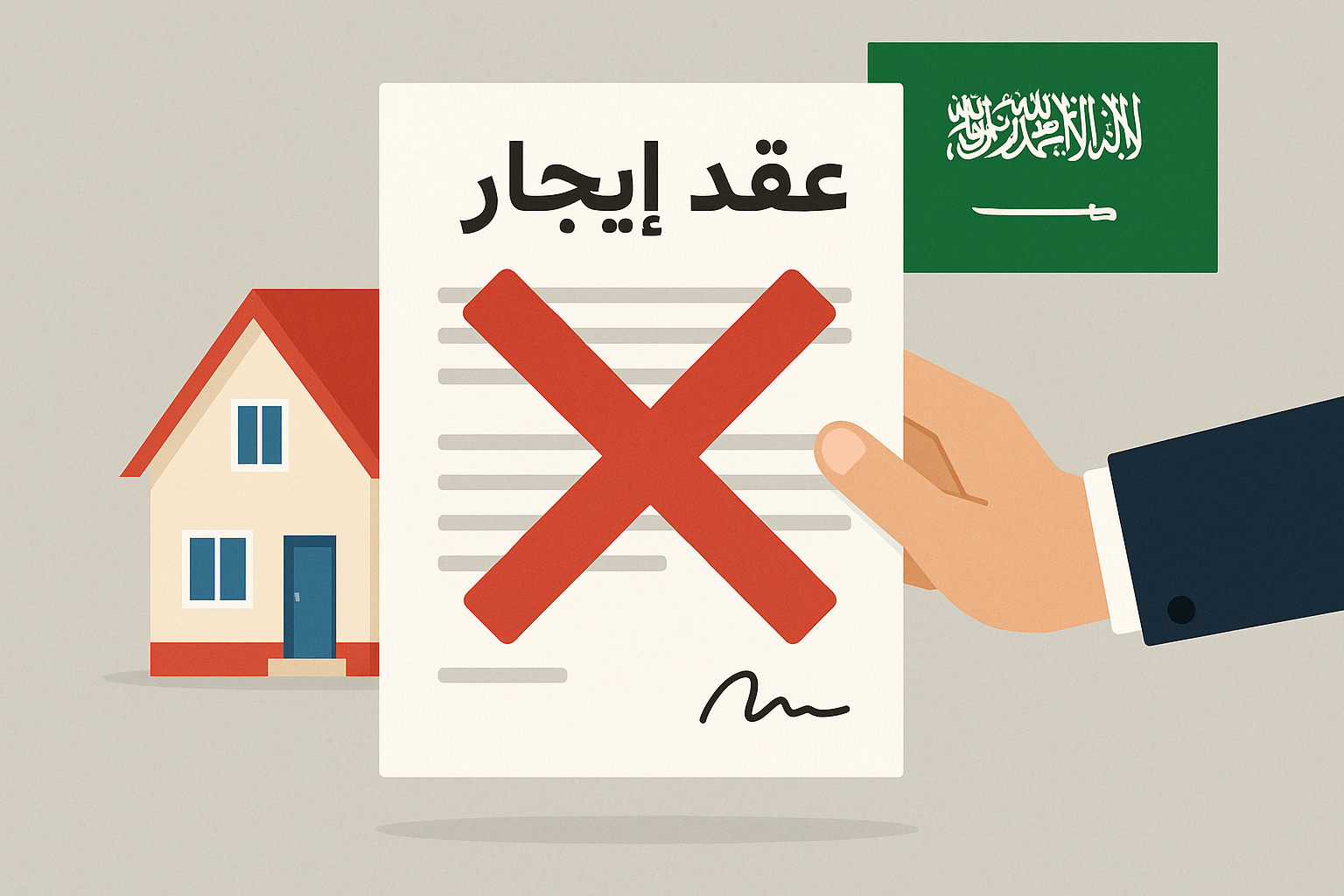?How Are Court Judgments Enforced in Saudi Arabia

How Are Court Judgments Enforced in Saudi Arabia?
Obtaining a favorable court judgment is not necessarily the end of a legal case. The actual recovery of your rights depends on the enforcement of that judgment. For this reason, Saudi Arabia has made great strides in developing its judicial enforcement system, including dedicated Enforcement Courts and a robust digital platform. In this article, we explore the steps of enforcing a court judgment, the responsible authorities, and the legal procedures to secure your rights.
1. What Is Meant by Court Judgment Enforcement?
It is the legal process of compelling the defendant to comply with a final judgment, whether it involves payment of money, vacating a property, fulfilling a contract, or returning a specific item.
2. Who Is Responsible for Enforcement?
The Enforcement Court is the judicial authority in Saudi Arabia responsible for executing judgments and enforceable documents, under the supervision of the Ministry of Justice.
3. What Qualifies as an Enforceable Document?
- A final court judgment.
- An urgent judicial order.
- A bounced check (under enforcement law).
- A notarized contract or one issued via an official digital platform.
- Official documents related to divorce, custody, or alimony.
- Promissory notes and bills of exchange.
4. Steps to Enforce a Court Judgment
- Submit an enforcement request via the Najiz platform.
- Enter the details of the defendant: name, ID number, type of enforceable document, and judgment amount.
- Attach required documents: judgment copy, ID proof, etc.
- The judge issues an “enforcement order,” giving the defendant 5 days for voluntary compliance.
- If not complied with, coercive measures begin: asset seizure, travel ban, imprisonment, and property auction.
5. Enforcement Measures Against the Debtor
- Suspension of government services (e.g., passport or driving license issuance).
- Travel ban from leaving the Kingdom.
- Freezing of bank accounts and seizure of real estate assets.
- Disclosure of financial assets from banks and government entities.
- Enforcement imprisonment if the debtor fails to comply without valid reason.
6. Can the Debtor File an Objection?
Yes. The debtor may file a legal objection or request to halt enforcement if there are valid grounds—such as partial payment or legal error. The court will review the request accordingly.
7. How Long Does the Enforcement Take?
The duration may range from a few days to several months, depending on the debtor’s response, type of judgment, and availability of assets or funds.
Conclusion:
The Saudi enforcement system is considered one of the most efficient in the region, ensuring justice and restoring rights through formal procedures. After receiving a court ruling, do not stop there—follow through with enforcement to secure your entitlements. For professional assistance, don’t hesitate to consult our legal team to guide you step by step.





Comments